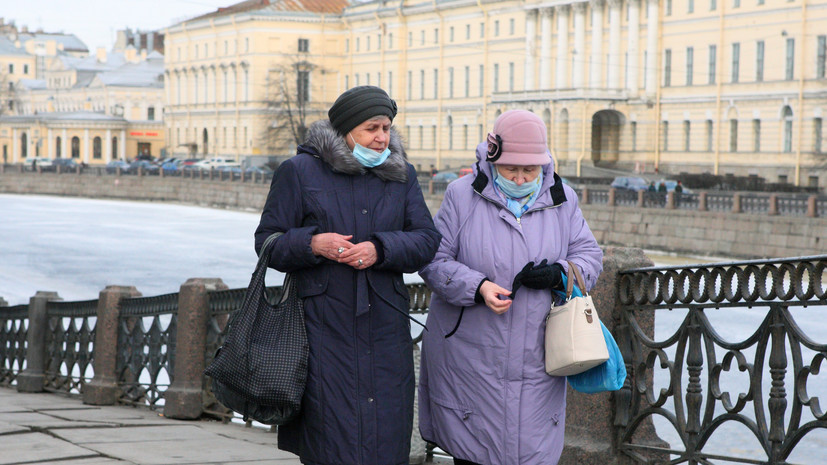From January 1, 2022, new rules for the payment of pensions will come into force in Russia, approved by the Ministry of Labor and Social Protection and enshrined in the order of the department.
In particular, pensioners will be able to receive the funded part of payments from the Pension Fund of Russia (PFR), if it was previously paid by a non-state pension fund that ceased operations.
To do this, citizens will need to apply to the territorial office of the PFR.
Payments will begin on the first day of the month following the last time the non-government fund transferred funds.
In this case, the amount of charges will not change.
"The payment of the funded pension is made in the amount established by the non-state pension fund as of the date of the last payment," the order of the Ministry of Labor says.
In addition, the document spells out the conditions for receiving a pension for residents of a territory where an emergency regime has been introduced, regardless of its scale.
"The payment of the pension, including its delivery, in the territory in which the emergency regime has been introduced, regardless of its nature (federal, interregional, regional, intermunicipal, municipal, local), can be made earlier than this month," the order says.
Along with this, pensioners will have the opportunity to make clarifications in the application for the delivery of payments.
In particular, a person who previously chose to receive money through the post office or another organization will be able to ask to transfer the amount not received by him in the current month to his bank account.
In this case, the FIU will transfer the amount of the insurance pension to the pensioner's account with the credit institution no later than three working days from the date of receipt of information about the payments delivered and not delivered in the current month.
Another clause of the order clarifies the practice of deductions from pension payments.
If the debtor pensioner is declared bankrupt, these deductions are terminated.
Svetlana Bessarab, a member of the State Duma Committee on Labor, Social Policy and Veterans Affairs, told Parlamentskaya Gazeta that this rule is especially relevant now, when many elderly people take loans or microloans, succumbing to the calls of fraudsters or under the influence of advertising.
Indexation rates
Last week, Vladimir Putin said that the rate of indexation of pensions in Russia should be higher than actual inflation.
The President spoke on this topic during a meeting on social issues, stressing that since 2019, the authorities "have strictly adhered to this rule."
At the same time, the Russian leader added that in the current conditions of a significant increase in inflation, it would be wrong to deviate from this principle.
“Proposals on specific parameters of indexation of pensions are now being worked out both in the government and in the administration, and the deputies are thinking about it.
We will return to them in the near future, let's see how the macroeconomic indicators will develop, ”Putin said.
Prior to that, at the end of September 2021, the president expressed confidence that the increase in the pensions of Russians will continue, since the funds for such indexation are included in the budget.
According to the latest estimate by the Central Bank, inflation at the end of the year will be in the region of 7.4-7.9%.
“We are giving such a big fork at the end of this year, because there may be one-off factors that can affect inflation.
Nevertheless, we believe that this forecast is reasonable, inflation this year will be within these limits, "- said the head of the Central Bank Elvira Nabiullina, speaking in the State Duma on November 18.
At the end of October it became known that in 2022-2024.
the government will allocate more than 134 billion rubles from the federal budget for social benefits to non-working pensioners with incomes below the subsistence level in the region.
The relevant information was contained in the rules for granting subsidies from the federal budget to the subjects.
In particular, they establish the goals, conditions and procedure for the provision and distribution of funds for the payment of regional social supplements to pensions to elderly non-working Russians in order to “bring the total amount of their material support to the level of the pensioner's subsistence level established in the subject”.
In July 2021, the government set the per capita subsistence level for the main socio-demographic groups for 2022.
It follows from the document that from January 1, 2022, the value of the subsistence minimum in the country as a whole will be 11,950 rubles.
At the same time, for the able-bodied population, the subsistence minimum will be set at 13,026 rubles, for pensioners - 10,277 rubles, and for children - 11,592 rubles.

